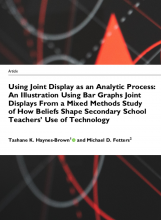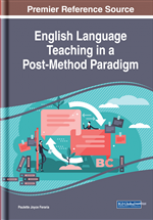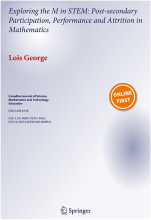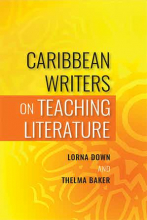

Males and Tertiary Education in Jamaica is the result of five years’ qualitative research examining the relationship between men and tertiary education. Herbert Gayle and Peisha Bryan focus on the lived experiences and perceptions of three sets of young men: those who did not qualify to enter university; those who qualified but bypassed tertiary education; and those who qualified but for varying reasons have delayed entry into university. Using rigorous, in-depth interviews to capture the lived experiences of 186 males between the ages of eighteen and thirty-nine years, compared to those of 74 females of the same comparative age group, the authors examine the realities of males regarding their wish or ability to attend university in Jamaica. Participation in tertiary education in Jamaica is unquestionably gendered and this work is the first and book-length scholarly response to the question of why men are not attracted to tertiary education in Jamaica.
Read more
The purpose of this article is to illustrate the iterative process utilized in building joint displays using both bar graphs and observational field notes to understand a specific phenomenon. An explanatory sequential mixed methods study was conducted with Jamaican secondary school teachers that sought to understand how teachers’ beliefs shaped the use of technology. Based on the use of joint display analysis in this study, we illustrate how the insights gleaned and challenges encountered from each iteration of developing successive joint displays helped us to refine our understanding through an assessment of the organizational intent, analytic intent, and effectiveness of the visuals created.
Read more
English Language Teaching in a Post-Method Paradigm is a critical scholarly publication that provides relevant teacher initiated theoretical frameworks and the latest empirical research findings in English language teaching that promote English as the tool for global integration and communication. Highlighting topics such as curriculum, pedagogy, and teacher education, this book is ideal for professionals, researchers, policymakers, academicians, and educators.
Read more
Improving student participation and achievement in post-secondary STEM courses continues to be an important concern of many governments and educational institutions since this is one avenue by which the number of STEM professionals can be increased. This paper examines and compares the gendered participation, performance and attrition rate of candidates in two post-secondary mathematics courses over a 5-year period from 2013 to 2017.
Read more
With its collection of eighteen interviews and its insightful theoretical discussions on creative ways of teaching literature, Caribbean Writers on Teaching Literature is an innovative and significant text on the pedagogy of literature. Grounded in the practice of teacher-writers in lecture rooms and classrooms this text has much to offer every teacher of literature. All the interviewees are teachers and writers. They bring to the field of teaching literature the perspective of the literary insider as well as the teacher. Passionate about literature, these teacher-writers highlight literature’s value and necessity for enriching the quality of life in our societies.
Read more
Social Media